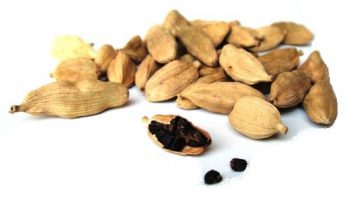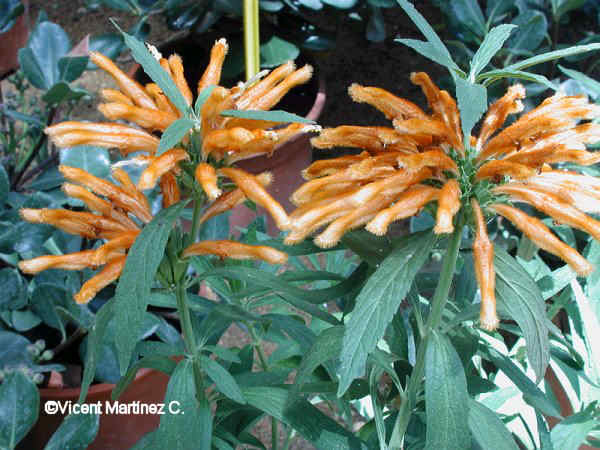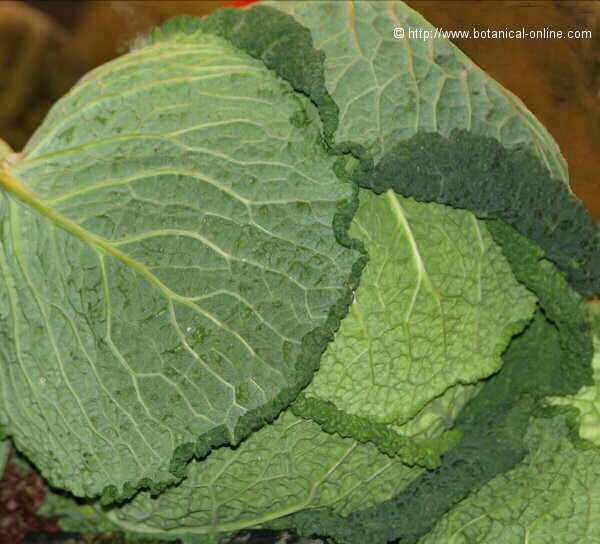Contents
When you should not take cardamom
CARDAMOM CONTRAINDICATIONS
What is Cardamom?
Cardamom (Elettaria cardamomum) is the fruit of a perennial plant native to India, which is used as a spice and as an aromatic herb.

Who should avoid taking cardamom?
- Ulcers: cardamom stimulates digestive functions and can worsen digestive ulcers.
- People with diverticulitis. Cardamom is a medicinal plant used to treat digestive disorders, such as cramps. Sometimes these cramps can be a symptom of diverticulitis, in which case it is important to see a doctor when cramps are very common and not to take the whole cardamom seeds.
- Intestinal diseases. Cardamom outbreaks can cause digestive disorders in people suffering from dumping syndrome, inflammatory bowel disease, Crohn’s disease and irritable bowel syndrome.
- Gallstones: People with gallstones and colic should avoid cardamom. Cardamon is only recommended in case of flatulent colic or flatulence.
- Endometriosis: cardamom could have emmenagogue effect, so it is not recommended for people with endometriosis.
- Pregnant women: cardamom is not recommended for pregnant women because it is suspect it might have some emmenagogue effect.
- Essential oil: Cardamom essential oil should not be given to children under 6 years.
Take care with cardamom essential oil
Cardamom essential oil contains all the aromatic substances concentrated.
If you take doses higher than those recommended by the therapist, it can easily cause side effects. See the following links in the list below:
![]() More information about cardamon.
More information about cardamon.
This article was endorsed by Elisenda Carballido - Dietitian nutritionist. Postgraduate in Phytotherapy and master in Nutrition and Metabolism.








